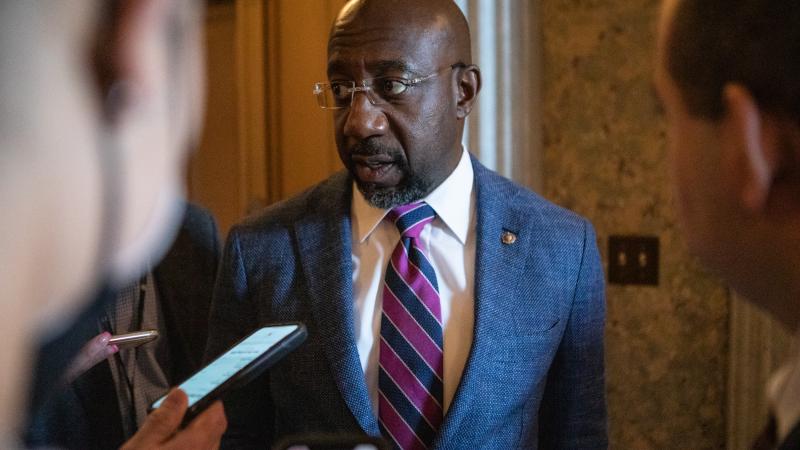Surging inflation demonstrates need for Congress to reduce deficit now: Budget watchdog
"Some lawmakers continue to insist on cutting tax by increasing the $10,000 cap on the state and local tax deduction (SALT)," but this approach "would be costly," says the Committee for a Responsible Federal Budget.
Surging inflation, which hit 9.1% last month, its highest rate in more than 40 years, demonstrates the need for Congress to reduce the federal deficit, according to a budget watchdog group.
"Some lawmakers continue to insist on cutting tax by increasing the $10,000 cap on the state and local tax deduction (SALT)," said Maya MacGuineas, president of the Committee for a Responsible Federal Budget. "This approach would be costly, regressive, and would add to inflation. The House-passed proposal would cut taxes by $50 billion per year, with almost 95 percent going to households in richest fifth of Americans."
Calling the 9.1% June inflation rate "eye popping," MacGuineas said the "best way for Congress to prevent a recession is to help the Fed get inflation under control," which entails "increasing revenues and reducing spending, not cutting taxes for some of the wealthiest households in America."
The deficit and the national debt have skyrocketed during the coronavirus pandemic. The deficit was close to $2.8 trillion in FY2021, and the debt is more than $30 trillion.
"The U.S. national debt is higher as a share of Gross Domestic Product (GDP) than at any time since World War II and is on course to breach that record," the CRFB warned on Thursday. "Yet policymakers have done little to contain our $24 trillion national debt, and most legislation has added to it in recent years."
According to the CRFB,"high deficits and debt — particularly if coupled with high inflation or interest rates — make it harder to borrow in response to a recession, pandemic, war, or other legitimate emergency."
A CRFB analysis found that rising debt levels have contributed to the inflation crisis that's playing out in real time.
"Over the past year, the PCE index has risen by 6.3 percent; economists have attributed 2 to 4 percentage points of this rate to the $1.9 trillion American Rescue Plan alone," according to the CRFB. "CPI inflation has totaled 8.6 percent, the highest in four decades. Already, the federal government spends $400 billion on net interest expenses. That’s twice what it spends on food and nutrition, three times what it spends on transportation, and nearly six times what it spends on higher education."
As Democratic leaders consider a revised filibuster-proof budget reconciliation bill, West Virginia Democratic Sen. Joe Manchin remains uneasy about passing a large spending bill with inflation at a record high.
"It depends on if we can look at things and find a pathway forward that’s not [inflationary]," Manchin told reporters. "We know what we can pass. It's basically the drug pricing on Medicare."















